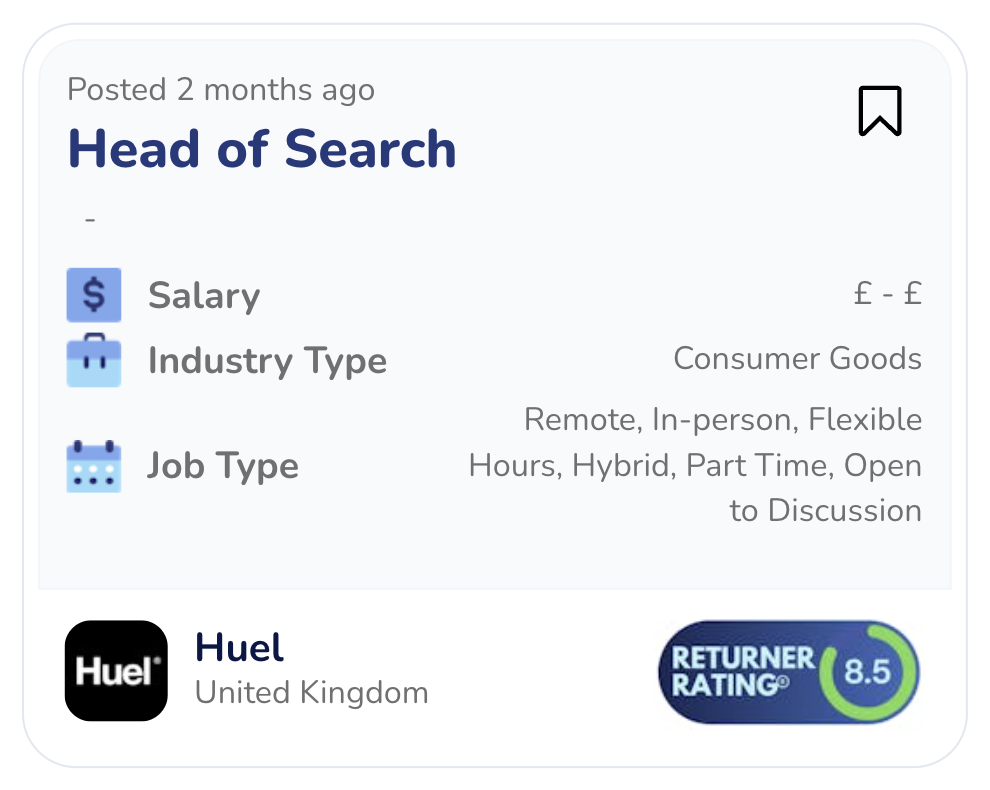Returning to work after a career break can be both exciting and daunting. One of the biggest concerns for many professionals (especially parents and caregivers) is how to balance work and personal responsibilities. If you’re wondering, “Can I ask for flexible work when returning?”, the answer is yes! UK employment law supports flexible working requests, and many employers are open to accommodating different work arrangements. In this guide, we’ll cover how to ask about flexible working arrangements, including what to consider before making a request, how to structure your proposal, and what rights you have under UK law.
Understanding your right to flexible work in the UK
In the UK, all employees have the legal right to request flexible working, not just parents or carers. This means that if you’re returning to work (whether from maternity leave, a sabbatical, or another career break) you can formally ask for flexibility.
From April 2024, new regulations allow employees to request flexible working from day one of employment, rather than waiting six months as previously required. Employers must consider requests reasonably and respond within two months.
This change is part of the 2023 Employment Relations (Flexible Working) Act , which modernises the flexible working framework in the UK.
For more guidance or to raise concerns about your request being denied, visit ACAS’s flexible working guide.
🔗 Learn more about your rights:
How to ask for flexible work when returning
1. Consider your needs and business impact:
- Before making a request, be clear on:
What type of flexibility you need (e.g., remote work, part-time hours, compressed hours, job sharing). - How it will impact your role, colleagues, and productivity.
- Whether your employer has existing flexible work policies.
2. Choose the right time to ask:
If possible, discuss flexibility before you return so you can plan accordingly. If you’re in the interview stage, you might wonder how to ask for flexible working hours during an interview. The key is to:
- Wait until after discussing your qualifications and value.
- Phrase it positively, highlighting how flexibility could enhance your productivity.
- Ask about company policies on remote work or flexible schedules.
3. Submit a well-structured request:
A formal flexible working request should include:
- The type of flexibility you’re requesting.
- Why it’s beneficial (for both you and the company).
- How you plan to manage your workload and communication.
- Possible trial periods to assess effectiveness.
Your employer must handle the request fairly and can only reject it for valid business reasons (e.g., significant impact on productivity or costs).
🔗 Helpful resources:
Find out how to write a flexible working request
Access flexible working request templates below
Flexible working request templatesHow to ask for a flexible work schedule effectively
By law, employers can refuse for one of the following 8 reasons: extra costs that will damage the business, work cannot be reorganised among other staff, people cannot be recruited to do the work, a negative affect to quality or performance, an inability to meet customer demand, a lack of work to do during proposed hours, and the business is planning changes to the workforce.
These criteria are outlined by ACAS and must be considered fairly.
What if you're returning after maternity leave?
For parents, returning to work and asking for flexibility is particularly common. If you’re coming back from maternity leave, you can request changes to your working pattern under The Flexible Working Regulations 2014.
Employers cannot discriminate based on maternity or caregiving responsibilities, and they must provide clear business reasons if they decline your request.
🔗 Further reading:
FAQs: Flexible work when returning to work
Final thoughts
Asking for flexible work is not just possible—it’s your right. Whether you need part-time hours, remote work, or adjusted start times, the key is to prepare a clear, professional, and well-reasoned request.
Next steps:
- Identify your ideal work schedule.
- Check your company’s flexible work policies.
- Discuss options with your employer before returning.
- Submit a formal request if needed.
References & further reading
About the author: This post was written by Amelia Miller, published gender psychologist and Cambridge University Fellow, specialising in gender differences in recruitment. Amelia is also the Co-Founder of ivee, the return to work platform and an advocate for flexible working reforms.
Looking for flexible work?
All the jobs on our site are hand-vetted for their flexibility and parent-friendly policies
Find your new flexibilityFeatured Blog Posts









